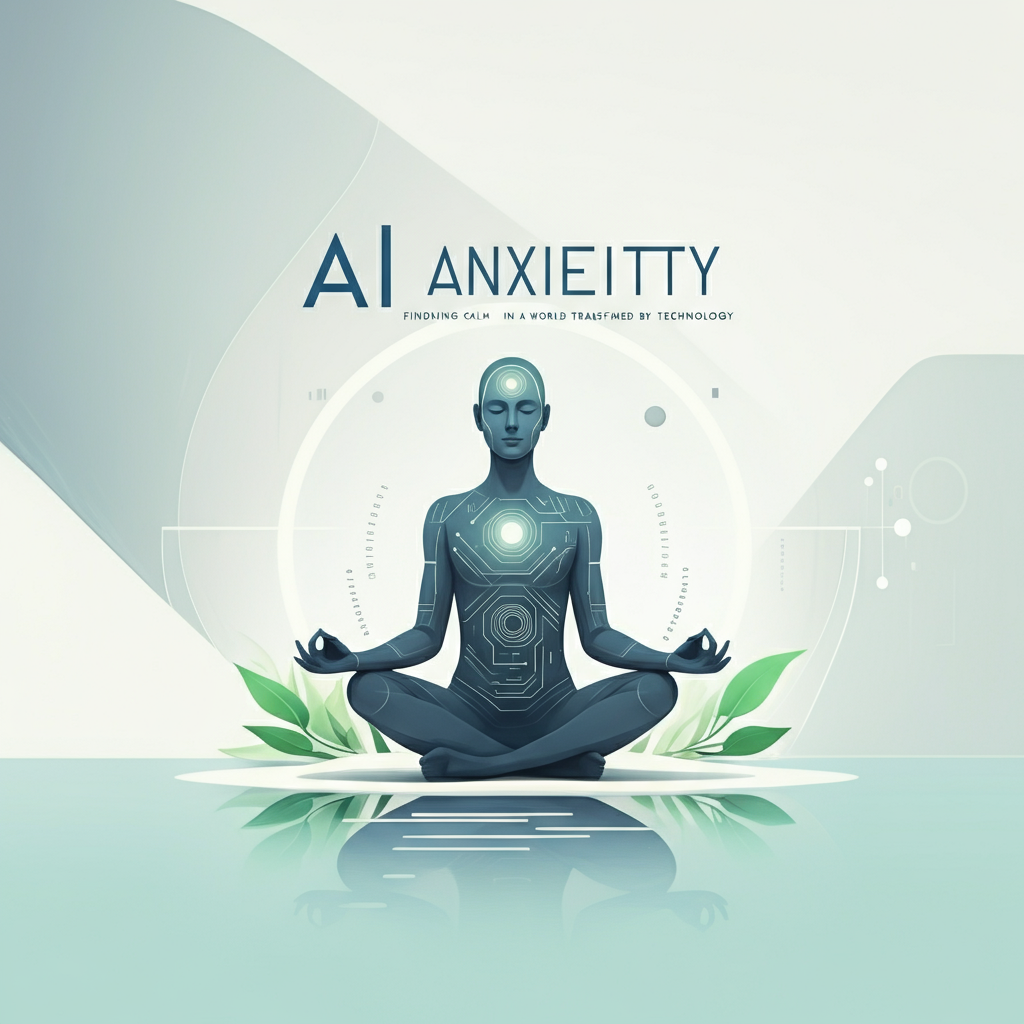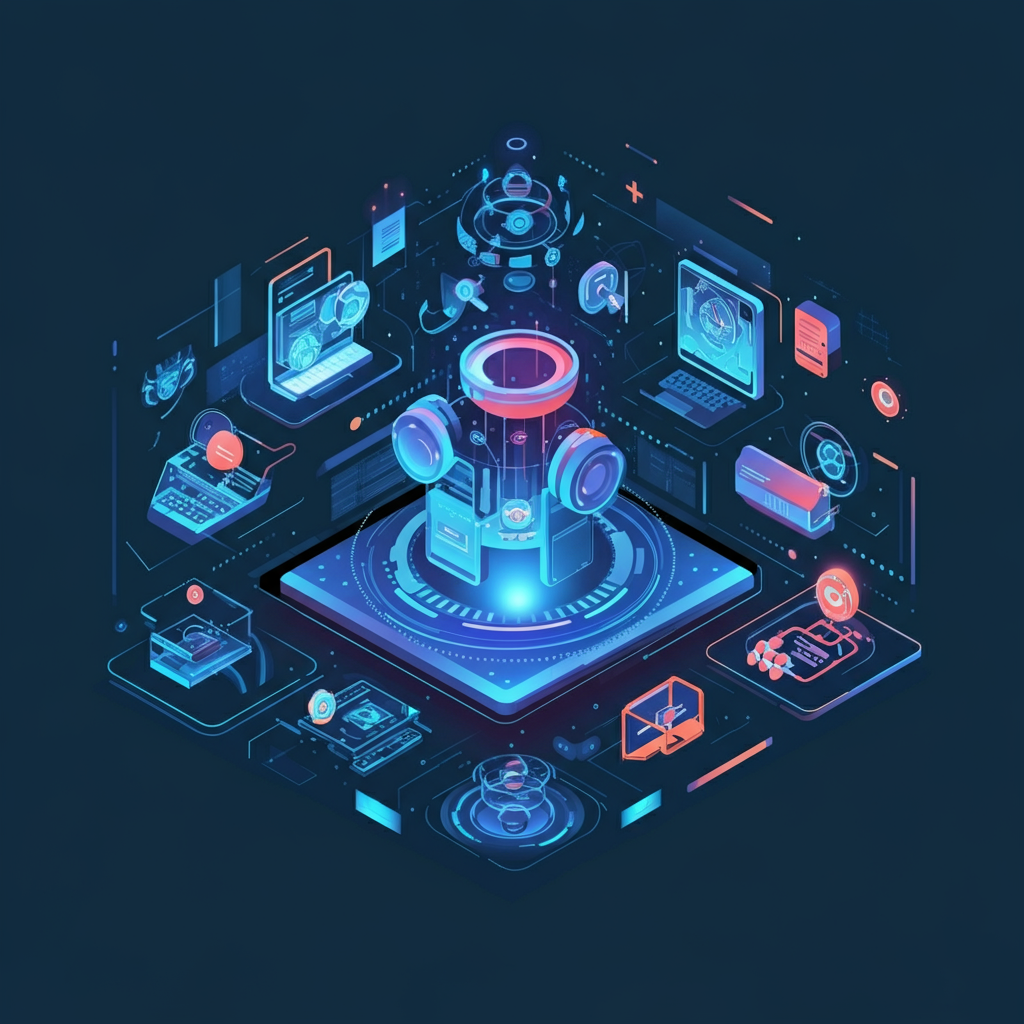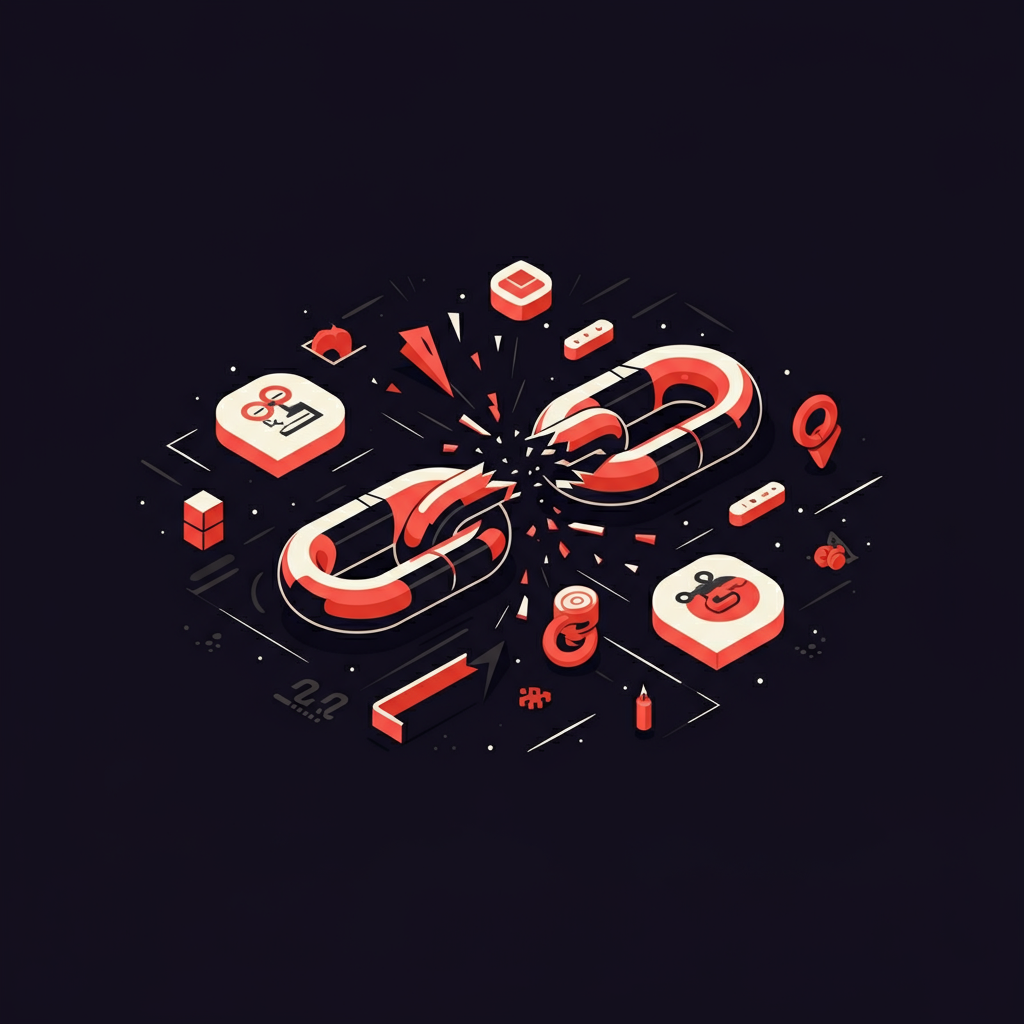Artificial Intelligence (AI) is no longer just a concept confined to futuristic novels or tech conferences. It’s here, shaping industries, impacting lives, and inevitably, stirring anxieties. For many, the words “automation” and “AI” spark fears of job loss, ethical dilemmas, and a future where machines dominate human activities. But is AI really something to fear, or could it be a tool for empowerment and progress?
This article dives into AI anxiety, exploring its roots, implications, and how we can foster a balanced, growth-oriented approach to the integration of AI into our lives. Whether you’re a professional navigating AI in your workplace, a policymaker considering its ethical implications, or simply curious about the impact of automation, this guide offers insights to bridge the gap between technological transformation and human resilience.
Understanding AI Anxiety
AI anxiety refers to the apprehension and unease people feel about the rise of AI and automation. This anxiety often stems from a lack of understanding, amplified by media portrayals of AI as either an all-knowing savior or a harbinger of job displacement and societal disruption.
Psychological and Emotional Impacts
AI anxiety can lead to fear of the unknown, resistance to change, and even feelings of helplessness or inadequacy. For professionals, it might manifest as fear of being replaced by machines. On a societal level, it surfaces as concerns about privacy, security, and ethical accountability.
Common Misconceptions and Fears
- AI will eliminate jobs completely
While automation may replace some repetitive tasks, it also creates new roles, fostering human-AI collaboration.
- AI lacks ethical considerations
Though AI systems follow programmed logic, biases and ethical dilemmas arise because of flawed human oversight, not the technology itself.
- AI decisions are uncontrollable
With proper transparency in programming and regulations, these fears can be mitigated.
The Rise of AI in Various Industries
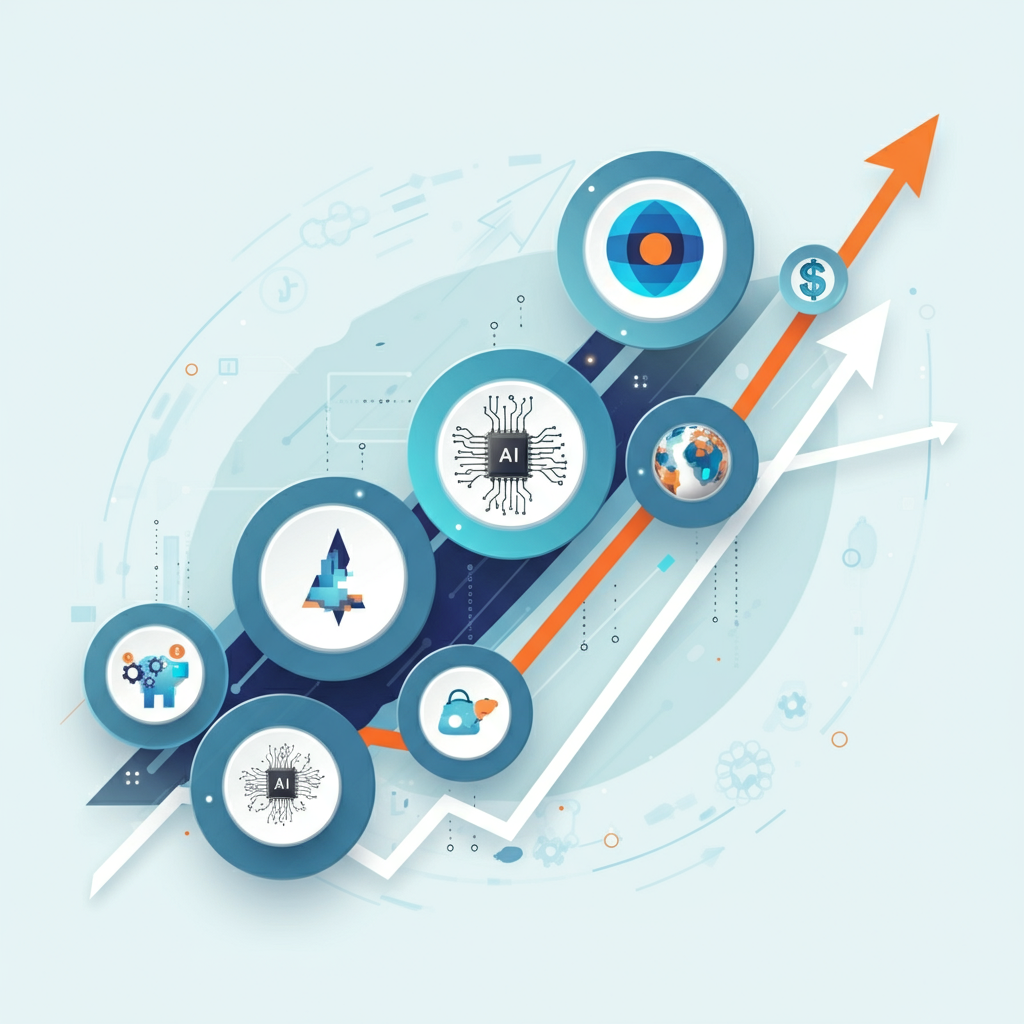
AI adoption is happening at an unprecedented pace across multiple sectors. Here’s a quick look at some of its major applications:
Healthcare
AI is revolutionizing patient care with capabilities like early disease detection, personalized treatments, and robotic-assisted surgeries. Example: IBM Watson helps oncologists identify tailored cancer treatments.
Challenges: Privacy concerns related to sensitive health data and the risk of over-reliance on AI diagnostics.
Finance
AI streamlines fraud detection, risk assessment, and algorithmic trading. For instance, AI-powered chatbots enhance customer service experiences across major banks.
Challenges: Ensuring unbiased loan approval processes and explaining AI-driven financial decisions to customers.
Manufacturing
Automation and AI enhance production, optimize supply chains, and ensure better quality control.
Example: Companies like Tesla use AI robots on assembly lines to enhance vehicle manufacturing efficiency.
Addressing Job Displacement Concerns
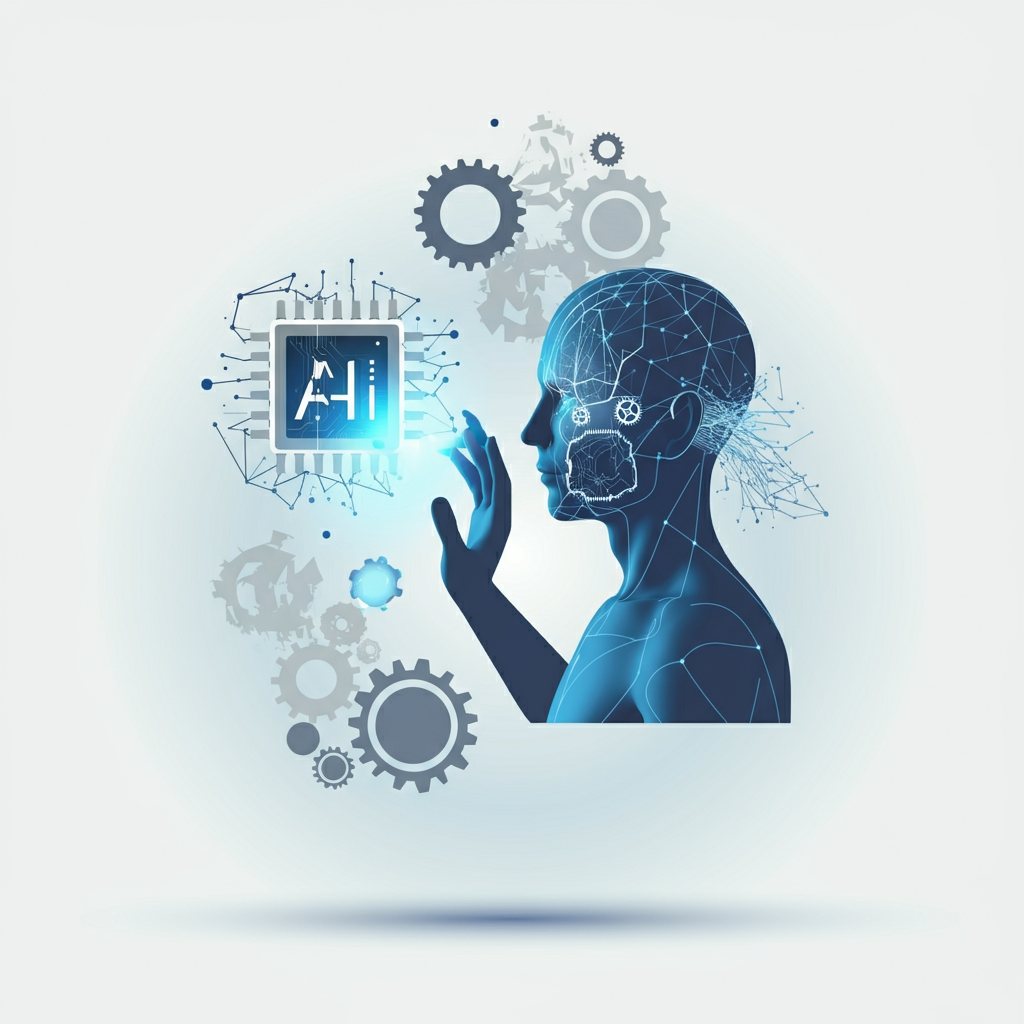
The fear of job loss is one of the most prevalent anxieties surrounding AI. While some roles will evolve, the need for human expertise remains vital.
Strategies for Mitigation
- Upskilling and Reskilling
Employees can adapt by learning skills that complement AI, such as data interpretation or creative problem-solving.
- New Job Creation
AI innovation generates demand for roles like AI trainers, data analysts, and AI ethicists.
- Government Support
Policies focused on workforce redesign can provide structured assistance during transitions.
Real-World Examples
Amazon’s use of automation in warehouses has eliminated some manual tasks but also created thousands of technical roles to manage and optimize these systems.
Navigating Ethical Considerations
AI has ethical implications that, if left unaddressed, could deepen mistrust and resistance.
Key Issues to Address
- Bias in Algorithms
AI systems can unintentionally perpetuate human biases, leading to unfair outcomes.
- Privacy and Data Security
The growing use of AI necessitates robust frameworks to protect personal information.
Proposals for Responsible AI
- Incorporate diversity in AI development teams to minimize bias.
- Mandate transparency in AI decision-making processes.
- Establish global ethical standards for AI development and deployment.
Building Trust in AI Systems
Trust is the foundation of AI adoption. Without it, advancements risk alienating businesses and individuals alike.
Importance of Transparency
Systems that clearly explain their decision-making processes foster confidence. For example, Google’s AI tools provide contextual explanations to users.
Ensuring Fairness in AI Algorithms
Techniques like algorithm auditing and bias testing can ensure AI systems remain objective and equitable. Companies like Microsoft have spearheaded such initiatives to improve algorithm accountability.
Embracing Lifelong Learning
To thrive amid technological advancements, individuals and organizations must prioritize continuous learning.
Strategies for Lifelong Learning
- Online Programs and Certifications
Platforms like Coursera and edX offer affordable courses in AI and data science.
- Workshops and Conferences
Participating in industry events keeps professionals updated on latest trends.
- AI Tools in Daily Life
Experiment with tools like Jasper or Grammarly to understand how AI can enhance productivity.
Resources for Upskilling
- Google AI’s free courses in machine learning.
- IBM’s AI professional certificate program.
Fostering Human-AI Collaboration
Rather than viewing AI as a competitor, we should see it as a collaborator.
Benefits of Collaboration
- Enhanced Productivity
AI handles repetitive tasks, freeing up humans for creative problem-solving.
- Tackling Complex Challenges
From climate modeling to drug discovery, AI accelerates solutions in fields where sheer data volume is overwhelming.
Success Stories
Startups like Stitch Fix illustrate the power of human-AI synergy. Their AI algorithms analyze fashion trends while human stylists curate personalized recommendations, combining efficiency with a human touch.
Cultivating a Growth Mindset
Resistance to AI often stems from fear of change. Adopting a growth mindset can transform anxiety into opportunity.
Overcoming Fear
- Focus on Possibilities
Recognize how AI can elevate your skills and career.
- Seek Supportive Communities
Join forums and networks of like-minded professionals navigating similar transitions.
Actionable Tips
- Start small by integrating simple AI tools into your routine.
- Stay curious about AI developments to stay ahead.
Taking Charge of the Future
AI anxiety is a natural response to rapid transformations, but as history teaches us, humans have always adapted. By addressing misconceptions, fostering collaboration, and emphasizing lifelong learning, we can create a future where AI complements, rather than disrupts, human potential.
Your Next Move
Are you ready to shift from AI anxiety to AI confidence? Start by exploring tools like Jasper to see how AI can empower your daily life. Remember, progress begins with small steps.
People Also Ask
What is AI anxiety?
AI anxiety refers to fears or apprehensions about the impact of Artificial Intelligence on jobs, privacy, ethics, and society as a whole.
How can AI create jobs?
AI creates jobs by generating demand for new roles such as AI trainers, analysts, data managers, and AI product designers.
What industries are most impacted by AI?
Industries like healthcare, finance, retail, manufacturing, and marketing are experiencing significant transformations due to AI integration.
